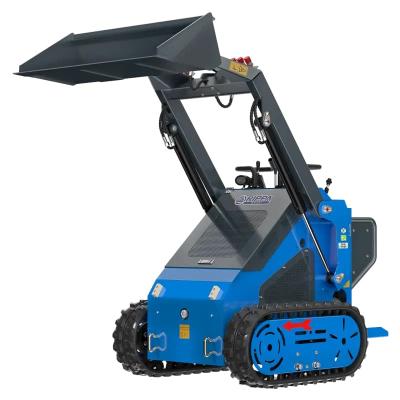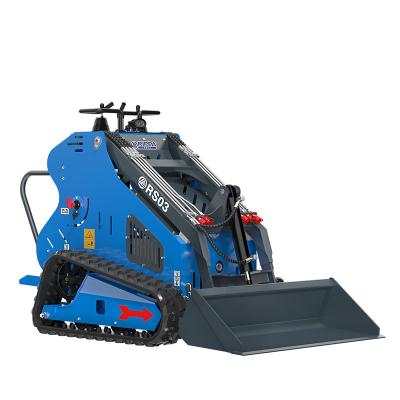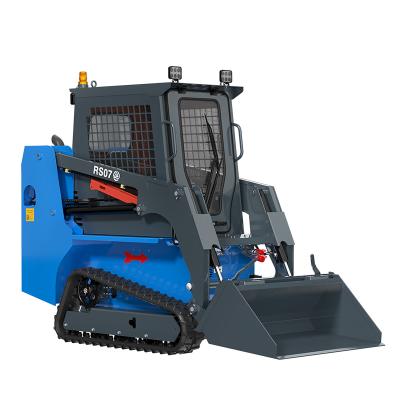Precautions for using excavators in summer
Summer is a bustling time for construction projects, with favorable weather allowing for extended hours of operation. However, the increased heat and longer daylight hours also bring unique challenges, particularly when operating heavy machinery like excavators. Ensuring safety on a construction site requires careful consideration of these seasonal factors. This article outlines crucial precautions for using excavators in summer to maintain
Summer heat can significantly affect both machinery and personnel. High temperatures can lead to overheating engines, increased wear and tear on parts, and potential safety risks for operators. Understanding these heat-related concerns is the first step toward implementing effective safety measures.
Excavators are powerful machines with engines that can easily overheat during summer operations. Overheating can cause extensive damage to the engine and lead to costly repairs or downtime. Regular maintenance checks, including monitoring coolant levels and inspecting the radiator, are essential to prevent overheating.
The high temperatures can also lead to operator fatigue. Fatigue impairs judgment and reaction times, increasing the likelihood of accidents. Providing operators with adequate breaks and ensuring they stay hydrated are crucial strategies for minimizing fatigue.
Routine maintenance is vital year-round, but it becomes even more critical during summer. Ensuring that excavators are in optimal working condition helps prevent breakdowns and accidents. Key maintenance tasks include:
Checking and replacing engine oil and coolant regularly.
Inspecting hydraulic systems for leaks or damage.
Ensuring proper tire pressure and track tension.
A well-maintained cooling system is essential for preventing engine overheating. Regularly inspect the radiator and cooling fans, and clear any debris that might obstruct airflow. Additionally, ensure that the operator's cabin is properly ventilated to keep the working environment comfortable.
Proper training for excavator operators is crucial for ensuring safety. Operators should be aware of how to handle machinery under different weather conditions. Providing appropriate safety gear, such as sun hats, sunglasses, and sunscreen, can help protect operators from the sun's harmful effects.
Adjusting work schedules to avoid the hottest parts of the day can significantly reduce heat-related risks. Consider starting shifts earlier in the morning or later in the afternoon when temperatures are cooler. Implementing a rotating shift schedule can also help reduce operator fatigue.
Setting up hydration stations around the construction site encourages workers to stay hydrated. Providing shaded rest areas where workers can cool down during breaks is also essential for preventing heat-related illnesses.
Keeping an eye on weather forecasts and being prepared for sudden changes in conditions is vital. Thunderstorms, high winds, and extreme heat can all impact safety on a construction site. Having a plan in place for these scenarios ensures that operations can continue safely and efficiently.
Accidents can happen, even with the best precautions. Ensure that all workers are familiar with emergency procedures and that first aid kits are readily available on site. Regular safety drills can help reinforce these procedures and prepare workers for potential emergencies.
Operating excavators in summer requires a strategic approach to safety. By understanding the unique challenges posed by high temperatures and taking appropriate precautions, construction sites can maintain safety and efficiency. Regular equipment maintenance, proper operator training, and thoughtful scheduling are key components of a successful summer safety plan. With these measures in place, construction projects can proceed smoothly, even during the hottest months of the year.


